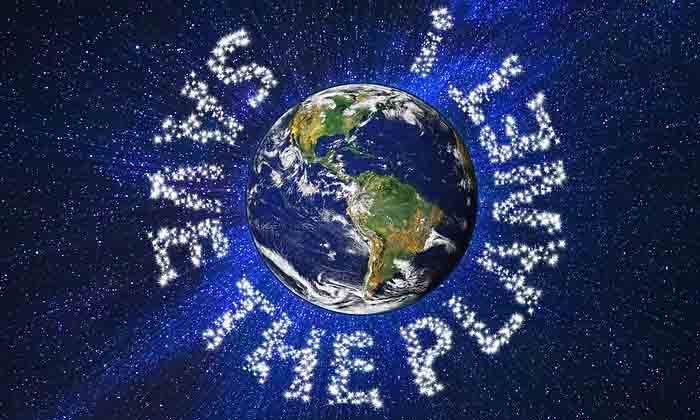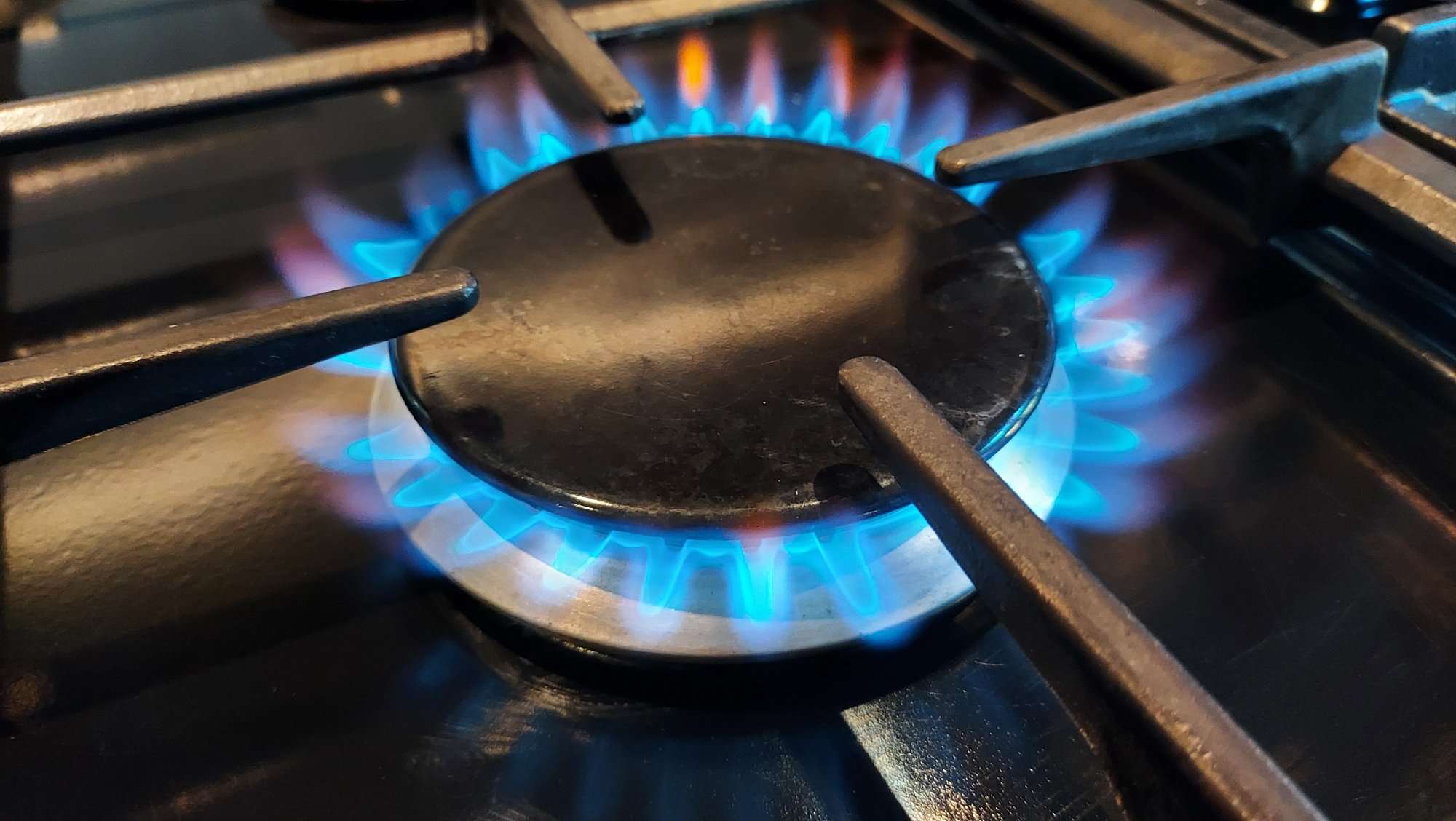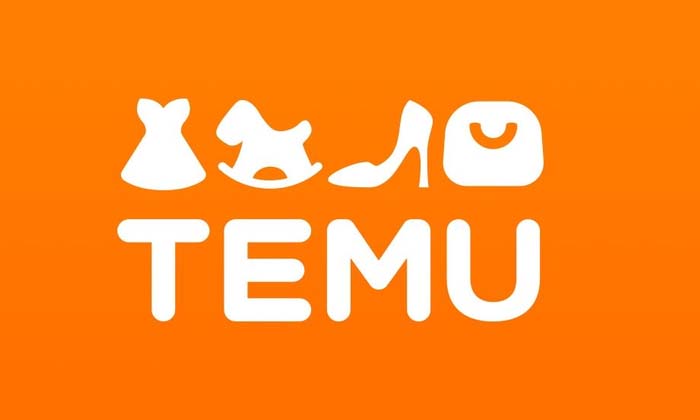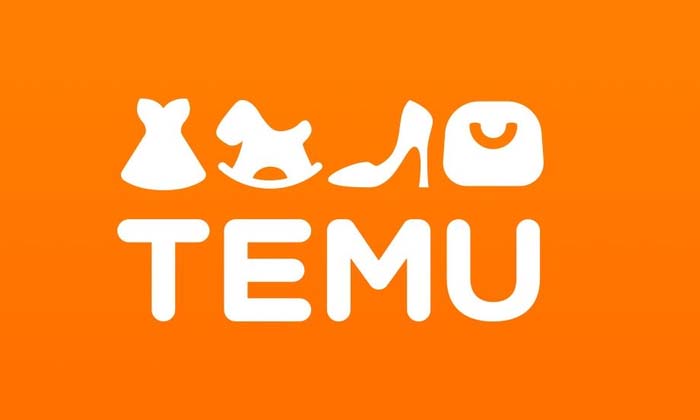Would you go vegan to save the planet?
Latest Opinion Polls
With over 600,000 UK adults now living on a vegan diet, it's safe to say that this is no passing fad. There is plenty of growth still to be had so we are asking 'Would you go vegan to save the planet'?
It's supposed to be good for our health and one of the answers to saving the planet, and despite huge growth in their numbers from 2019 onwards, veganism still only accounts for just over 1% of the UK population.
High profile celebrities such as Natalie Portman, Joaquin Phoenix, Woody Harrelson, Pamela Anderson, Moby and many more are quite vocal about being vegan, which lends quite a bit of weight to the whole movement.
It's unclear whether the environment or health benefits are the driving force behind the adoption of a vegan diet, but there is no doubt that TV shows such as What the Health, Food Inc., Fat Sick and Nearly Dead, The Game Changers, Cowspiracy and most recently Seaspiracy do have a big part t play in swaying public opinion on whether human beings should be eating animals.
Seaspiracy is the most recent moving account of the damage humans inflicted on sea life and could prove to be the catalyst to drive the vegan community to new heights.
Seaspiracy Documentary on Netflix
The new documentary, SeaSpiracy has become a massive talking point across the world since it debuted on Netflix on March 24th 2021.
The story follows filmmaker Ali, Tabrizi who has always had a passion for the ocean since he was a child, which galvanised him to make a documentary about how great the Ocean is.
However, his plan for the TV show changed completely when he realised the damage that not only the ocean has suffered, but how human behaviour has impacted marine life.
Ali and his partner Lucy decide to work on this new documentary on discovering not only the effect humans' behaviour has on the ocean and marine life but secret and illegal activities that are going on behind the scenes. Throughout the documentary, they cover the negative effects that humans have contributed to the environment under the waves.
Plastic Pollution
Plastic Pollution is probably the biggest negative effect on our oceans, and according to Seaspricy, it's estimated that there are over 150 million tonnes of plastic floating around in our oceans and causing havoc on marine life.
Fish and even big mammals' creatures like Dolphins, and Whales are swallowing plastic dumped in our ocean. For example, it has been reported that a blue whale, the biggest sea mammal in the world has died from swallowing up to 90 pounds of plastic. The most affected hotspot for plastic pollution in the ocean is the Great Pacific Garbage Patch, said to have an incredible 1.6 million square kilometres of Plastic Pollution.
Plastics are already heavily present in the human food chain due to the fact that so many products are stored in plastic containers. However, the presence of plastics in the food we eat is a more worrying scenario.
When plastic floats around in the sea, it breaks down into smaller bits, which eventually become microplastics. Fish readily swallow these microplastics and it's absorbed into their bodies. So when humans eat fish, we can be sure that we are also consuming a small amount of plastic along with our fishy meal.
So that's fish off the menu and we all know why meats are being shunned, and dairy products don't fair much better on the negative impact on the environment, leaving us with just plant-based vegetables to power our bodies through the day.
It's no wonder why more and more people are turning to a vegan diet. The guilt of eating the food stuff's that are not only accused of cruelty to animals but they are also it seems cruel to the earth and ultimately humans.
Is there a middle ground to be had? Can we somehow still enjoy eating meat and fish and dairy products while also mitigating the risk to the environment? There are options on the table.
More vegan reads
Reduce how much meat, fish & dairy we eat
This is surely the most simple answer to all the problems. If we all ate less meat, fish and dairy, we can successfully reduce the harm we are doing to the animals, land and seas.
Sounds easy but it's fraught with complications., primarily making these products only available to the well off in society because the most effective way of reducing demand is to increase price.
Lab grown protein products
Yuk! Some would. Who wants to eat a turkey made in a test tube? But the reality is, this is already happening and it's happening in a big way.
There are companies popping up all over the place who have mastered the technology of culturing protein-based meat products in the laboratory from a single animal cell.
Theoretically, one cow could make millions of steaks, or one pig could make tonnes of bacon. Surely, this is the solution we have all been waiting for? Maybe not. There is stiff opposition to the new futuristic way of feeding ourselves. Certainly, this generation doesn't seem keen on getting stuck into a scientific steak. The problem is, this is the generation that does need to make the change if we are to reverse the damage already done.
We can even do without leather
Going vegan
If the previous solutions don't sit well with you, there is always the option of going vegan. Veganism is probably the least harmful and most widely accepted option, but it doesn't come without drawbacks.
Not all plant-based foodstuffs have a small environmental footprint. Some crops, especially those that are high in protein such as beans devour more land and water and cause more environmental damage than most other food products.
When land is taken over for industrial farming, the natural wildlife, especially insect life is destroyed on a very large scale. Sure this isn't causing greenhouse gas emissions but riding the earth of insects will have an impact on the soil, bird migrations and so much more.
We've got a really nice short animated film about plastic pollution in our seas. It's called Now you see us Now you don't and tells a story about how fish are facing a perilous future due to the plastic rubbish we dispose of in our seas.








